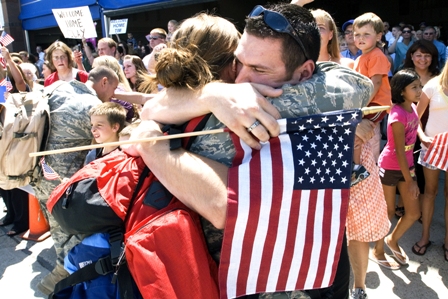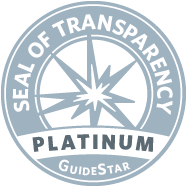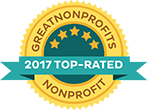Unemployment among young veterans high, despite millions in funding aimed at putting them to work
By Thomas Himes, Staff Writer
Posted: 11/13/2010 07:10:24 AM PST

Computer Lab Monitor Xavier Moya, right, works with US Army veteran Shawn Barnard who is looking for a job at the Salvation Army Haven on the west campus of the Veterans Administration on Friday, November 12, 2010, in Los Angeles. (SGVN/Staff Photo by Keith Birmingham)
Finding a job is proving especially difficult for young veterans returning from Iraq and Afghanistan.
Statewide, 24.9 percent of veterans between the ages of 18 and 24 were unemployed in 2009. That number is significantly higher than the 19.8 percent of non-veterans in that age group, according to California's Employment Development Department.
With 30,000 more veterans expected to return to California this year, the state and federal government has spent millions over the past several years on programs aimed at putting vets to work.
Despite those efforts, the unemployment numbers for young veterans continues to climb, up from 14.3 percent in 2007, according to the Employee Development Department.
Veterans from earlier wars have lower unemployment rates than the general population - 9.2 percent compared to 11.2 percent of non-veterans in 2009.
The reason for high joblessness among young veterans is the host of problems they face including P.T.S.D., traumatic brain injury and depression, EDD spokesman Patrick Joyce said in a written statement.
One of the organizations tasked with combating those problems and helping area veterans return to work is the Salvation Army's Haven, located at the V.A.'s West Los Angeles Campus.
Working under a Department of Labor grant, the Haven's Return to Work program coordinates job placement counseling with medical care and substance abuse treatment - services that many jobless veterans need before they can return to work.
"Typically your civilian person won't be layered with that many issues,"' said the director of the Haven's Return to Work Program, Anne Murphy.
The Haven's approach has experienced success with some of the hardest cases, placing about 40 percent of one-time homeless veterans in jobs and housing, said Salvation Army staff member Wanda Wells.
An Army veteran who only wished to be identified as Paul because of his employment, said he was out of work, in need of a hip replacement and suffering from a substance abuse problem when he entered the Salvation Army's Haven last year.
After 11 months in the program, Paul kicked the habit, underwent surgery for a new hip and secured a high-paying job in the information technology field.
"My personal problems got to a point where I couldn't function and that's where the Haven came in," Paul said. "The way my life is now is a direct result of being in the Haven."
But not all veterans are as fortunate. Many leave the program only to return.
"Our guys are broken," Wells said. "They need a lot of mending to get to the next level and sometimes it takes more than once."
A major barrier for

US miltary veterans look for work in the computer lab at the Salvation Army Haven on the west campus of the Veterans Administration on Friday, November 12, 2010, in Los Angeles.(SGVN/Staff Photo by Keith Birmingham)
veteran assistance programs has been contacting veterans who are often reluctant to ask for help, authorities said.
"There's so much shame they carry with them over the years," Murphy said.
To address that problem, California launched Operation Welcome Home in March. The veterans' outreach program has contacted 30,000 veterans so far, said Operation Welcome Home Deputy Secretary Dan Nelan.
The program identifies the needs of veterans and matches them with employment, housing and medical assistance programs, Nelan said.
"I think if you help them fulfill those basic needs it lets them conquer some of the more difficult problems (like P.T.S.D., traumatic brain injury and substance abuse)," Nelan said.
But veterans' advocates feel the state can do more to ensure those who served are afforded job opportunities, said Senior Vice Commander of the California VFW, Bobby Price.
"The state doesn't need to give any money," Price said. "What they need to do is create an atmosphere where it is advantageous" to hire veterans.
Price said California needs to institute policies that make hiring veterans a priority for state, county and municipal governments.
He also said there should be tax incentives for private companies that institute veteran-friendly hiring practices.
thomas.himes@sgvn.com
626-962-8811, ext. 2477
 A welcoming home for our Troops.
A welcoming home for our Troops.

